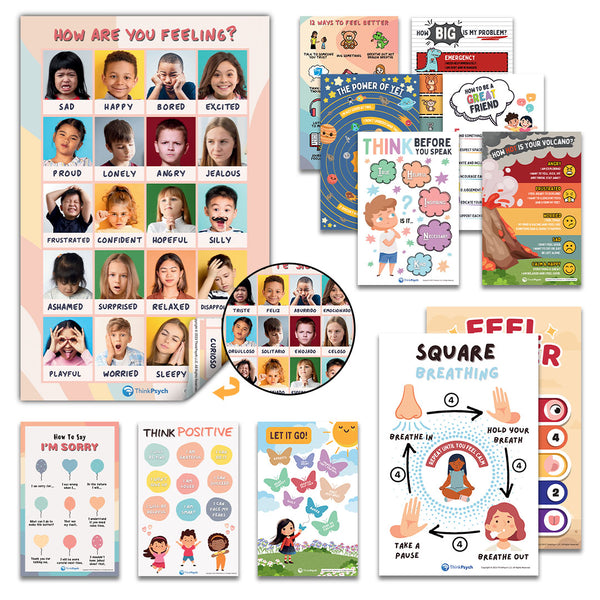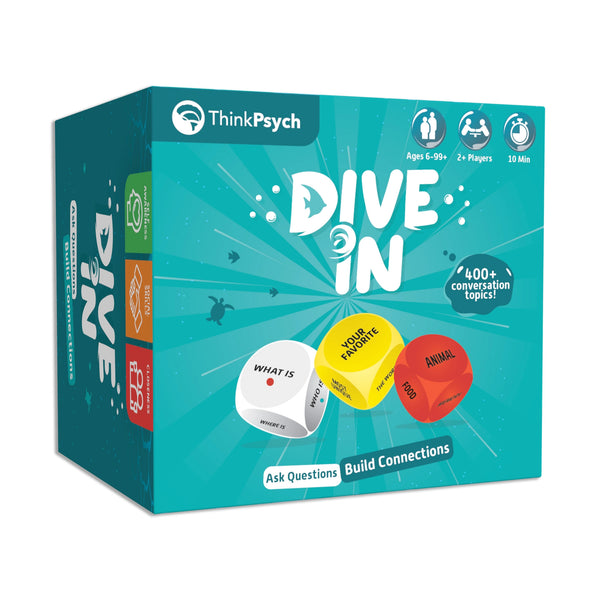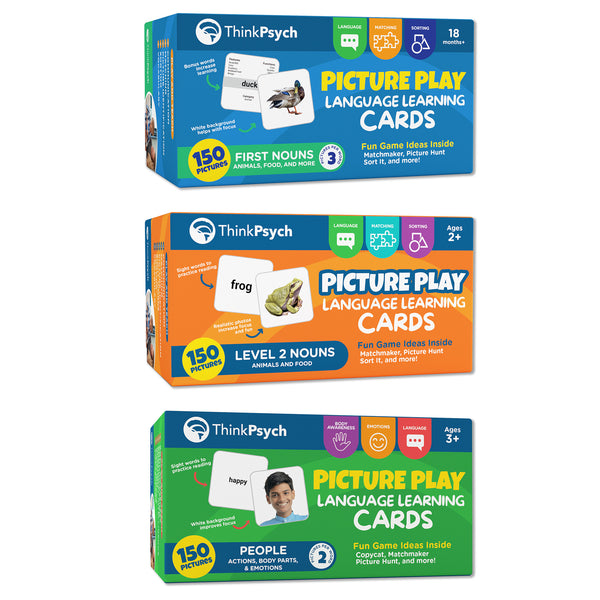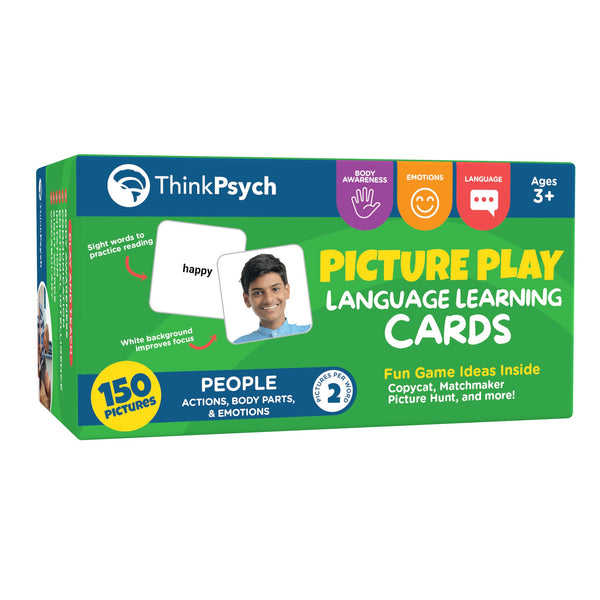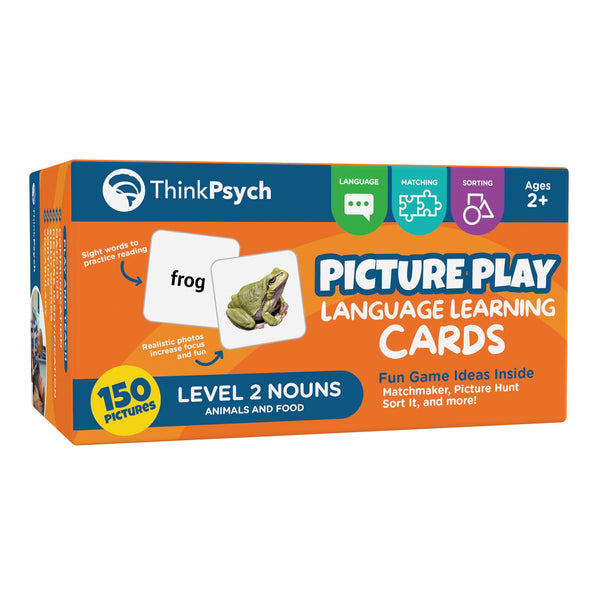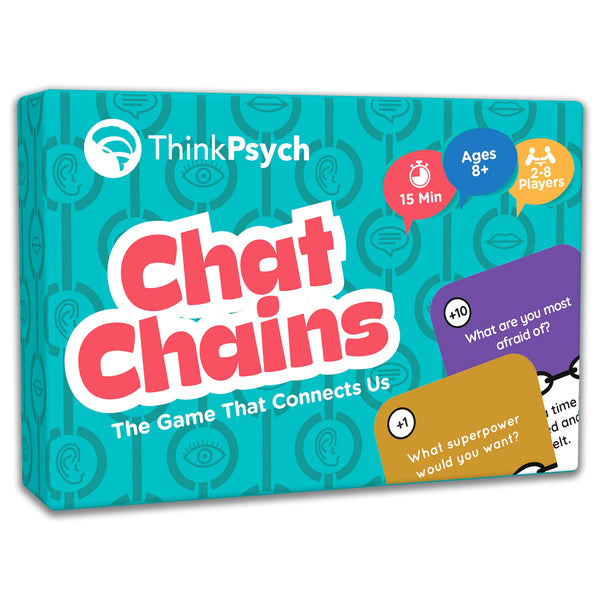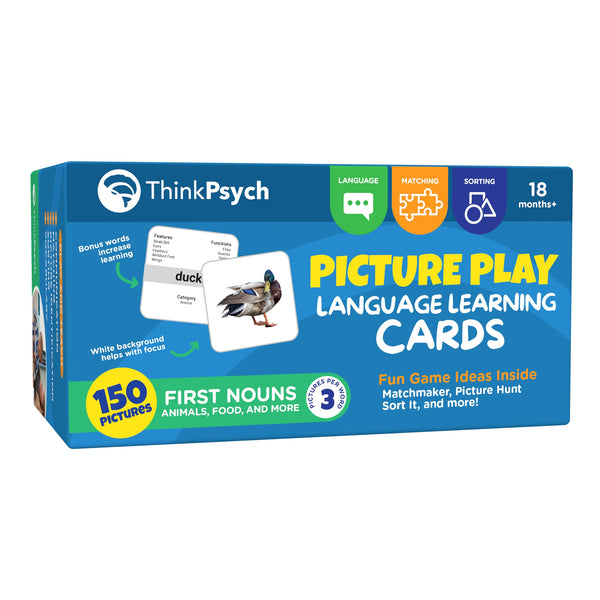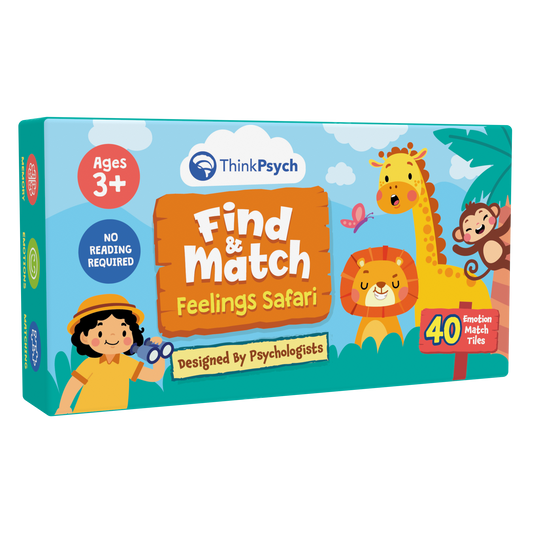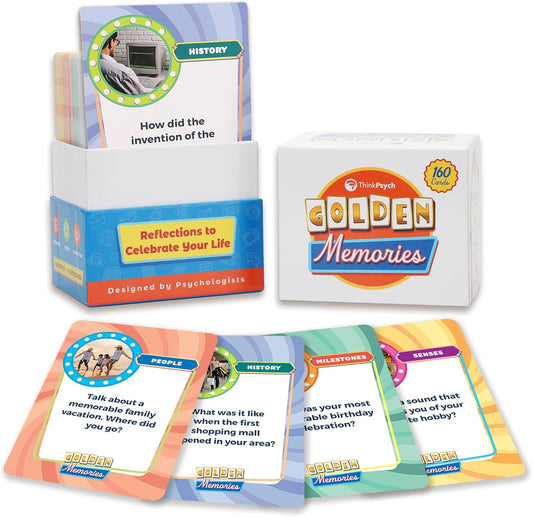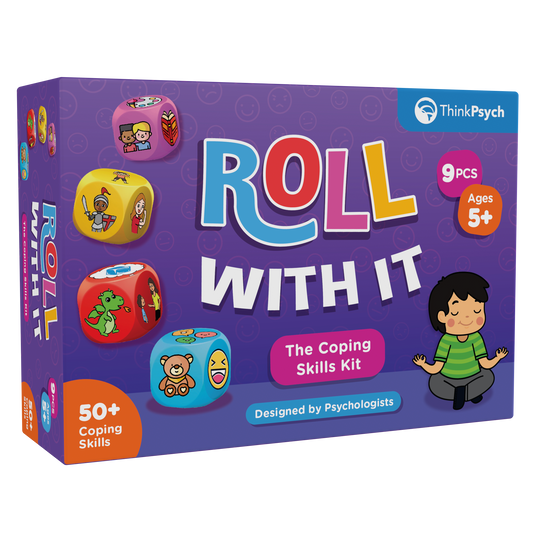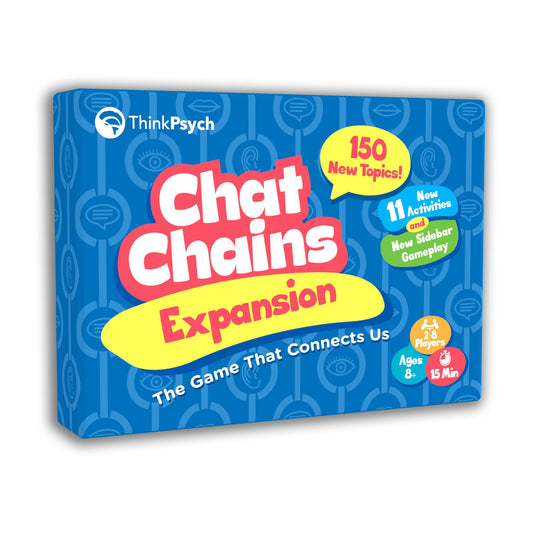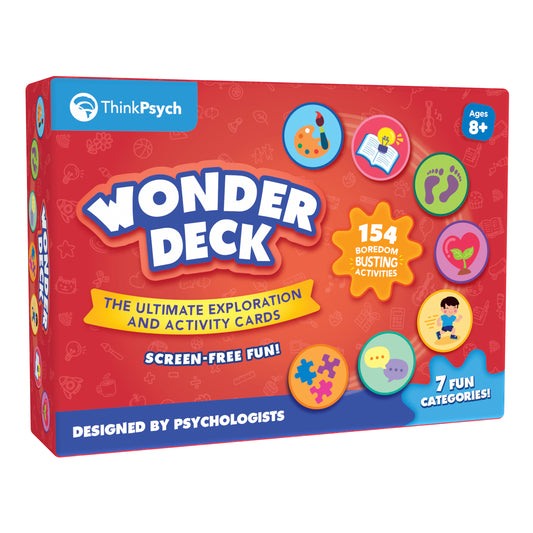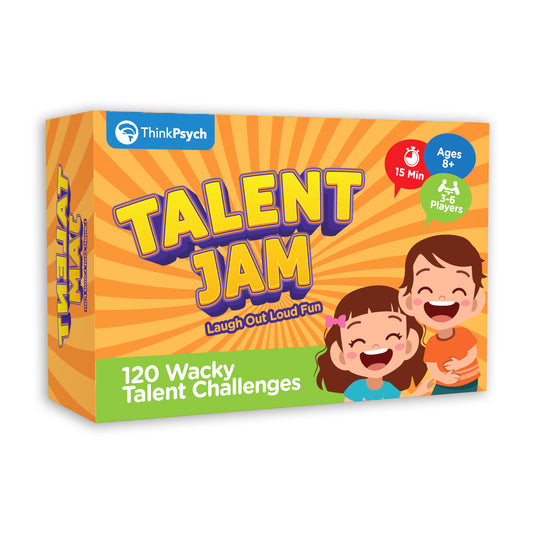
How ADHD Affects Social Skills and Strategies to Help Your Child
Share
Attention Deficit Hyperactivity Disorder (ADHD) makes it challenging for children to keep their focus and resist impulses. Unfortunately, these are not the only challenges they face. Kids with ADHD may also have difficulty developing social relationships because of social skill deficits. According to Hoza et al. 2005, 26% of children with ADHD have no reciprocated friendships.
Social skills are essential in a person’s life. They help people develop interpersonal relationships, which are necessary to provide a sense of belongingness, acceptance, and cooperation. Fortunately, there are ways to help kids develop social skills. Here are five ways ADHD can make socializing hard for children and how to help them.
Missing Social Cues
Communication is more than just using words to get your message across. It also involves your tone of voice, facial expression, body language, eye contact, posture, and gestures. In the case of children and adults with ADHD, non-verbal communication is intact. However, due to their inattentiveness and distractibility, they miss the nonverbal communication cues people around them show. As a result, it can give them a negative reputation.
For example, your child (and adults) with ADHD might not notice it when the tone of a friend’s voice signals he was offended or when a friend’s body language signals he’s leaving. Therefore, he still keeps on talking.
How to Help Your Child:
If your child misses social cues, role-playing social situations at home will help him learn to catch the signals. You can play as the other person in a social position and then switch roles. According to a study, role-playing can help kids with and without ADHD in self-concept by teaching them how their actions and behavior affect others.
Some things you can do to help your child in catching social cues are:
- Teach your child to notice when someone keeps looking at the door or their watch. It’s a sign that they want to stop the conversation and leave.
- Teach your child to notice where the person he is talking to is facing and if he is making eye contact. It will give him an idea if the person is actively listening and wants to continue the conversation.
- Teach your child to observe the answers of the person he is talking to. If the answers are short and on the surface level, the person your child is talking to is probably not interested in the topic or wants to end the conversation.
Add these social cues to your role-playing to help your child read the social signals their friends or other people are giving them during conversations. More than anything, be a good role model to your child. Make sure you also catch these social cues when conversing with him and other people.
Asking Too Much of Others
Children with ADHD can be too demanding and not even realize it. ADHD makes it harder for them to control their emotions, impulses, and behavior. As a result, they may act before they think. For example, they may ask favors from friends but don’t reciprocate when friends ask for favors from them. They may also not wait for their turn.
How to Help Your Child:
- Sign up your kid with ADHD for activities or sports that require them to play in a team. Your child may find it much easier to learn how to give and take when in a group setting.
- Command games such as Simon Says help children with ADHD follow instructions and wait for their turn. Jenga is another game your child can play that will teach your child to wait for his turn.
- Tape “behavior cards” in their desk or room. Children with ADHD can benefit from visual reminders to say please, excuse me, or raise their hand before doing anything. You may also use behavior cards that remind them to pause and think before demanding anything from someone.
Being Unreliable
Attention Deficit Hyperactivity Disorder (ADHD) can make people have trouble planning. At times, children with ADHD may say yes to birthday parties or social activities at school and forget about them. They also have difficulty following through. Because of this, other kids may think they are unreliable.
Shop ThinkPsych Products
How to Help Your Child:
- Teach your child the importance of being reliable. They must understand this to know why they should follow through with their plans and match their actions with their words.
- Show your child how to make a planner that includes a checklist of activities he has to do and events he has said yes to. However, explain to your kid with ADHD that he doesn’t have to do everything at once.
Losing Track of Conversations
Everyone loses track of conversations from time to time. For children with ADHD, this is very common because they can get easily distracted. Friends may feel neglected when this happens in the middle of a conversation. Or they may misinterpret what others have said.
How to Help Your Child:
- Ask the child to record a conversation with a trusted friend. Then, at home, listen to it with your child and tell him when he misinterpreted the conversation or has gone off-topic. Then talk about what he could have done instead.
- Let your child with ADHD play games that involve actively listening to people. For example, Fact or Fiction. In this game, players will say two things about them. One is the fact, and the other is fiction. The other players will figure out which one is fiction.
- Children can also practice their conversation skills by playing Chat Chains. This unique game helps kids talk about fun and serious topics while they earn points and compete to be a top chatter!
Having Meltdowns
Kids with ADHD can get overwhelmed with big emotions. When this happens, it can lead to a meltdown. Meltdowns can be a challenge because they may scare other children or make them not want to play with your child.
How to Help Your Child:
Encourage your child to be mindful of his emotions and teach grounding techniques to cope. Some techniques you can teach your child are:
- Grounded ABC. Ask your child to notice anything he can see, hear, taste, smell, and touch that starts with the letters in the alphabet.
- Flower breath. This breathing exercise helps the child to focus on their breath for a while. Breathing deeply can help your child calm down. To do this breathing exercise, ask your child to bring the wrists, thumbs, and pinkies together and spread the fingers wide. Then inhale to smell the flower and exhale to blow out the scent of the flower and share it with other people.
References:
8 Tips To Improve ADHD Social Skills | Woodburn Pediatric
How to Improve Social Skills in Children With ADHD (verywellmind.com)
20 Evidence-Based Social Skills Activities and Games for Kids (positiveaction.net)


